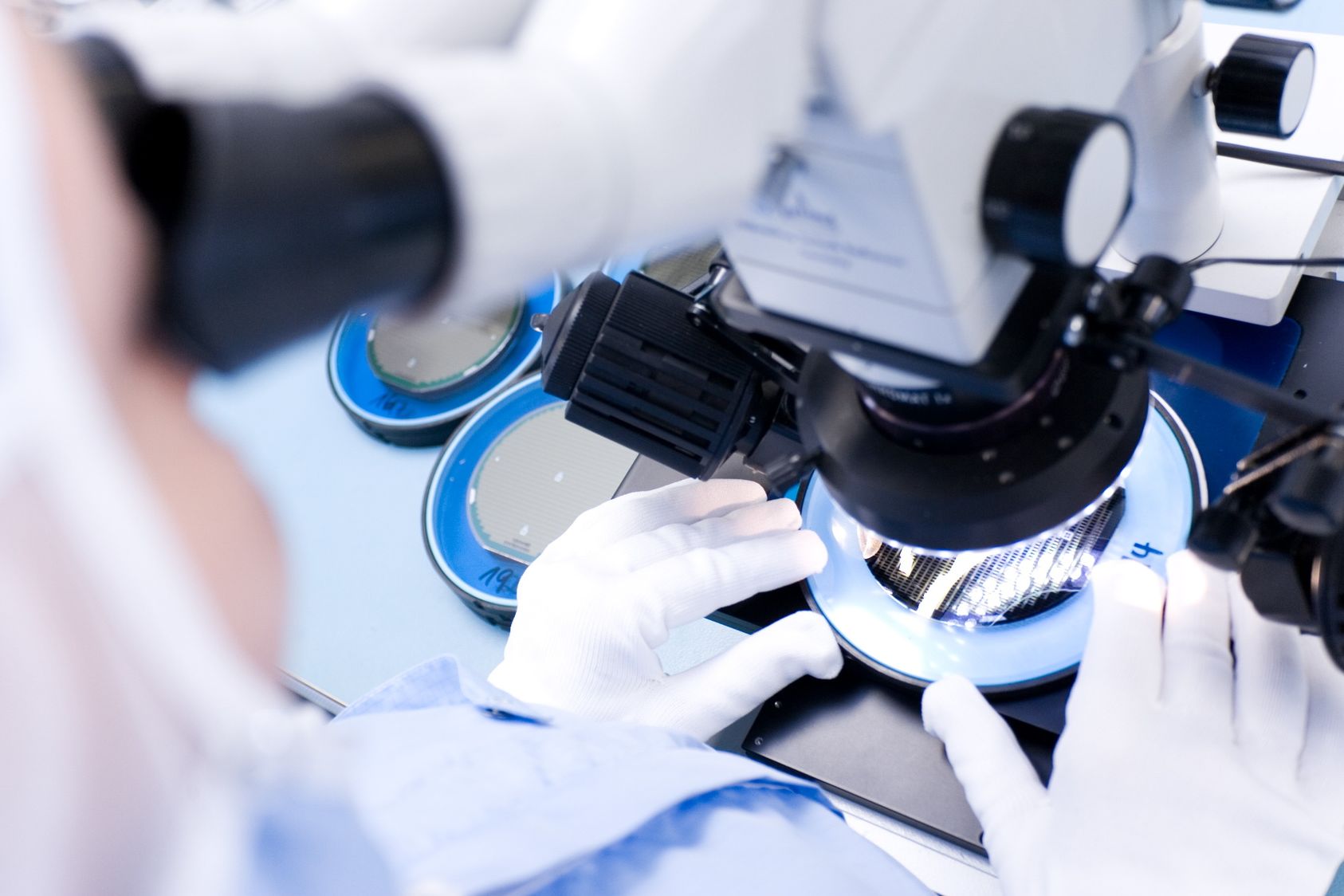
(Vienna, 10-07-2018) We spend approximately 1 year of our life with a common cold. Rhinovirus (RV) is the causative agent of the common cold but also more severe respiratory tract infections. Despite of the vast prevalence, effective treatment or prevention strategies are lacking. Guido Gualdoni and Johannes Stöckl from the Institute of Immunology of the Medical University of Vienna have now analyzed metabolic alterations in infected cells and found a pronounced reprogramming of host cell metabolism towards an anabolic state, which involved enhancement of glucose uptake and glycogenolysis.
The researchers further discovered that these alterations can be reverted by treatment with 2-deoxyglucose, a glycolysis inhibitor, which results in a disruption of RV-replication both in vitro and in vivo. Thus, the results of this study demonstrate how the specific metabolic fingerprint of viral infection can be utilized to generate targets for antiviral therapy of the common cold.
Billions of infections occur every year with patients suffering from symptoms such as runny nose, nasal congestion, sore throat, headache, and sleep deprivation. Effective treatment or prevention strategies without risky side effects are lacking. Existing treatments focus on alleviating the symptoms of the infection, while antiviral agents are not available and the development of a vaccine has been unsuccessful so far because of the large number of rhinovirus serotypes. Infection with rhinoviruses induces metabolic alterations in infected cells and a pronounced reprogramming of host cell metabolism. 2-deoxyglucose is a simple sugar-derivative that prevents those metabolic changes, thus starving viral infection. The compound targets the cause of the disease by disrupting rhinovirus-replication both in vitro and in vivo, thus promising a shorter duration of the infection with alleviation of symptoms without adverse effects for the host.
The study has now been published in the journal Proceedings of the National Academy of Sciences of the United States of America (PNAS) and a patent application has been filed by the Medical University of Vienna (EP18154088).
Service: PNAS
Rhinovirus induces an anabolic reprogramming in host cell metabolism essential for viral replication. Guido A. Gualdoni, Katharina A. Mayer, Anna-Maria Kapsch, Katharina Kreuzberg, Alexander Puck, Philip Kienzl, Felicitas Oberndorfer, Karin Frühwirth, Stefan Winkler, Dieter Blaas, Gerhard J. Zlabinger, Johannes Stöckl
https://doi.org/10.1073/pnas.1800525115